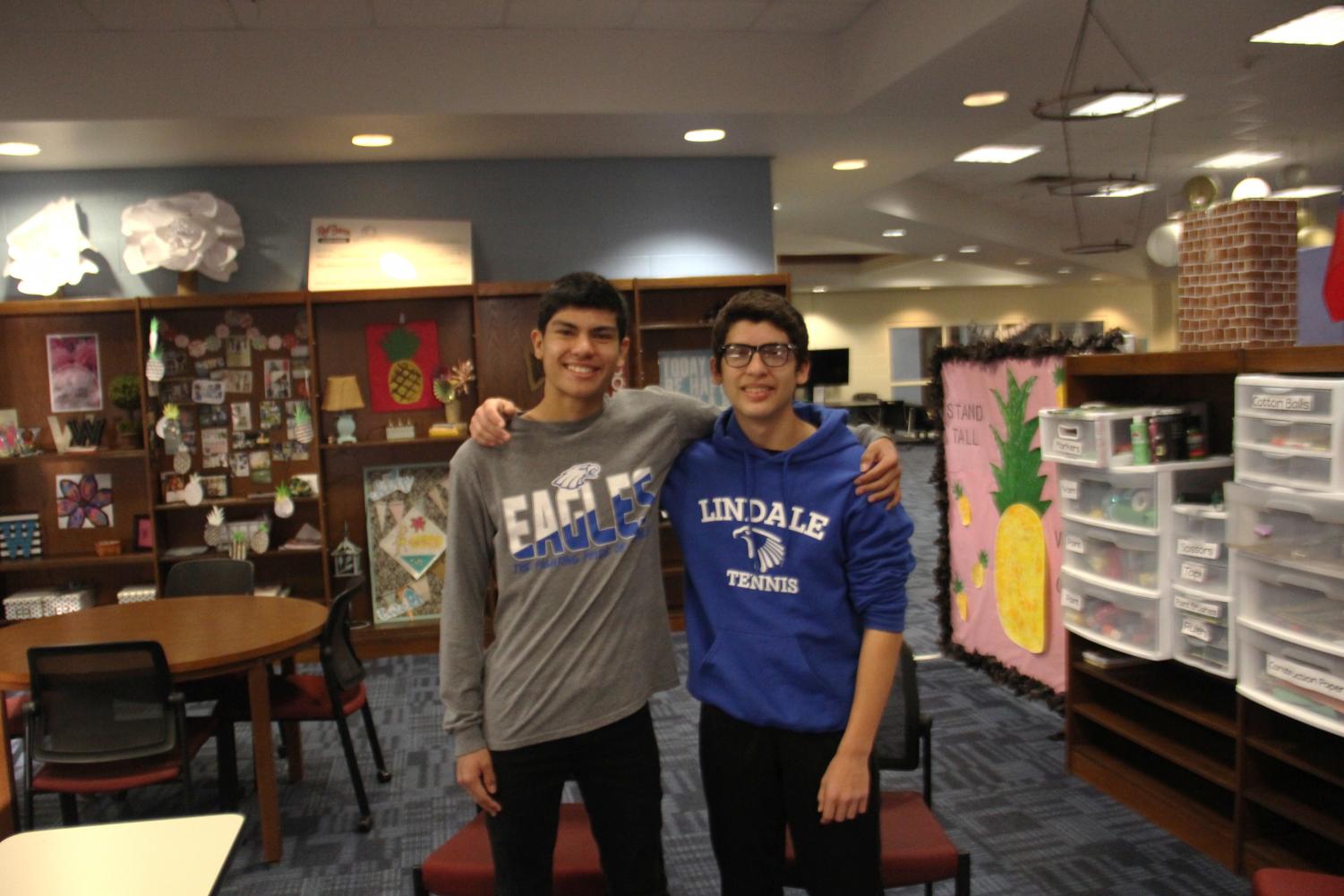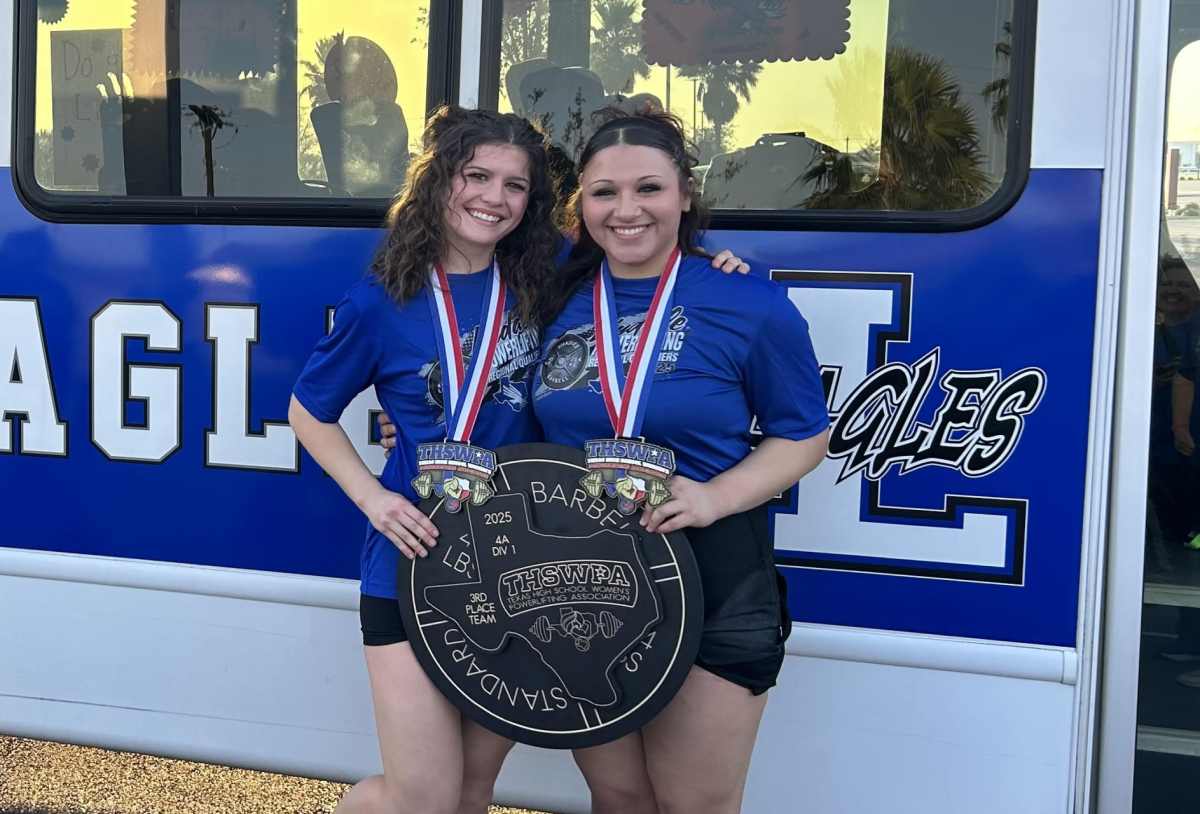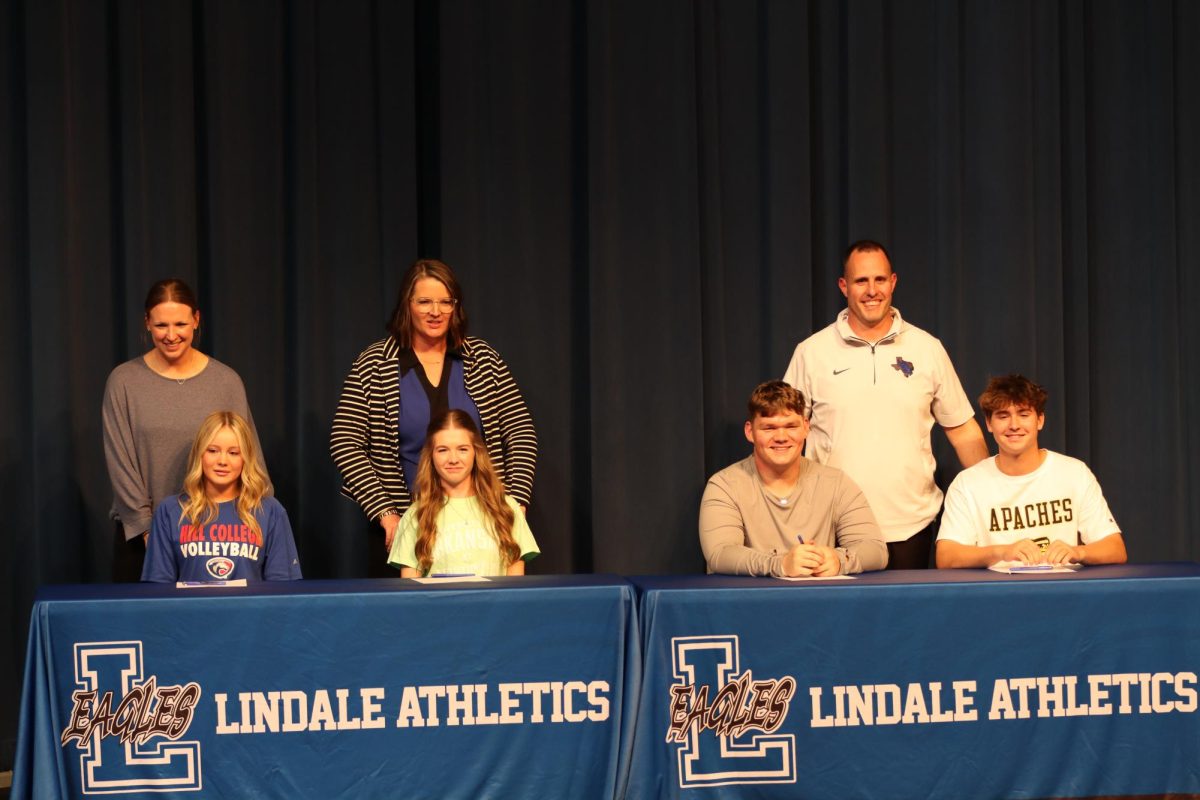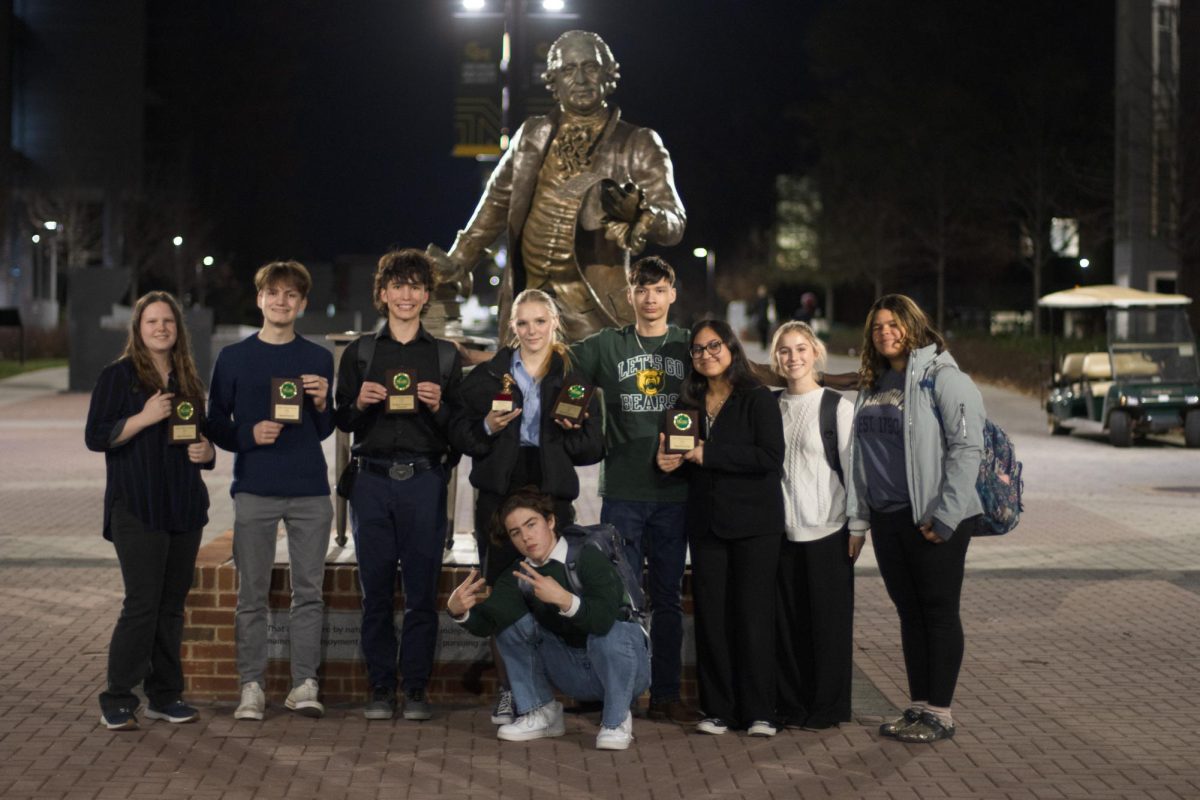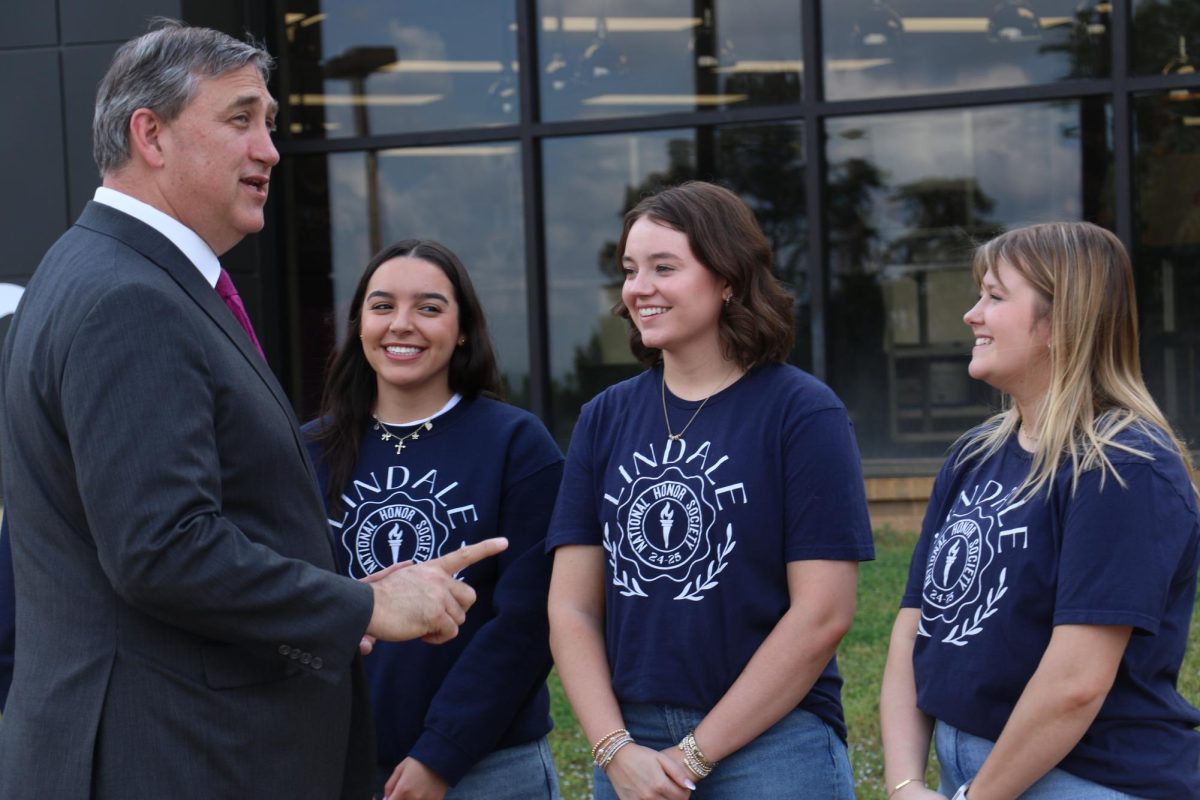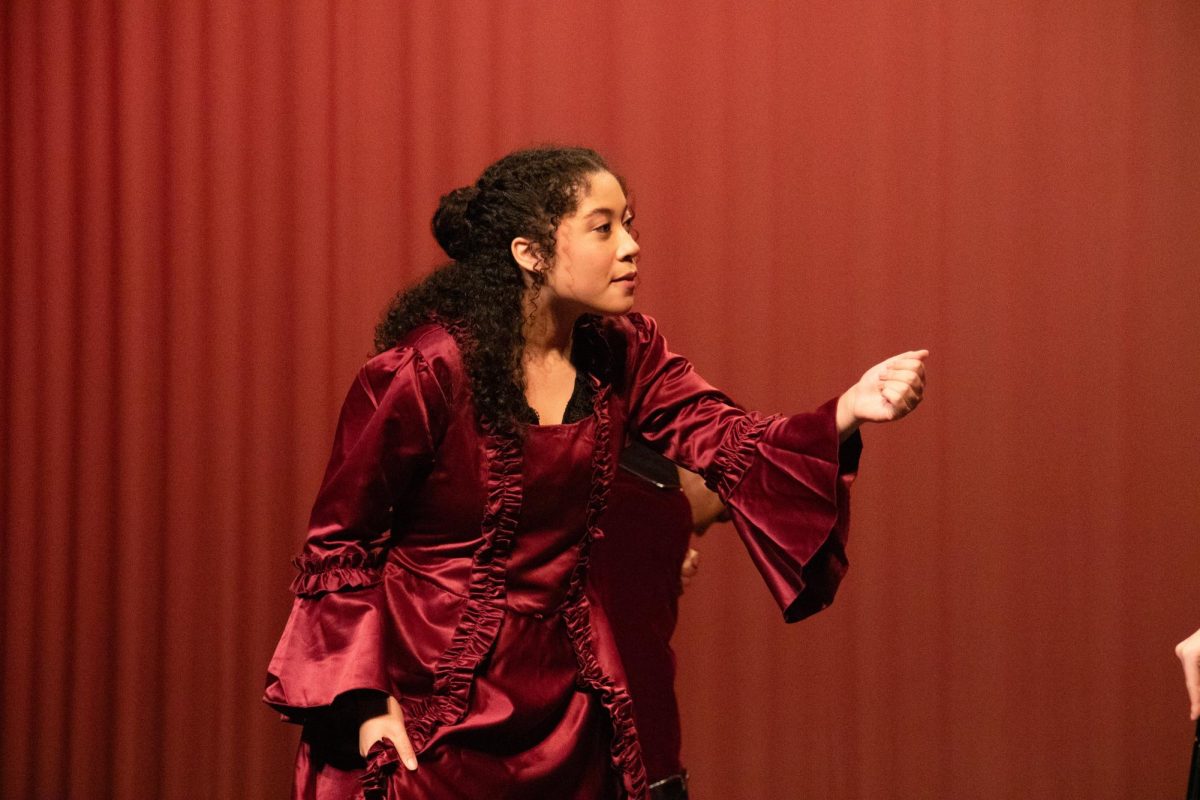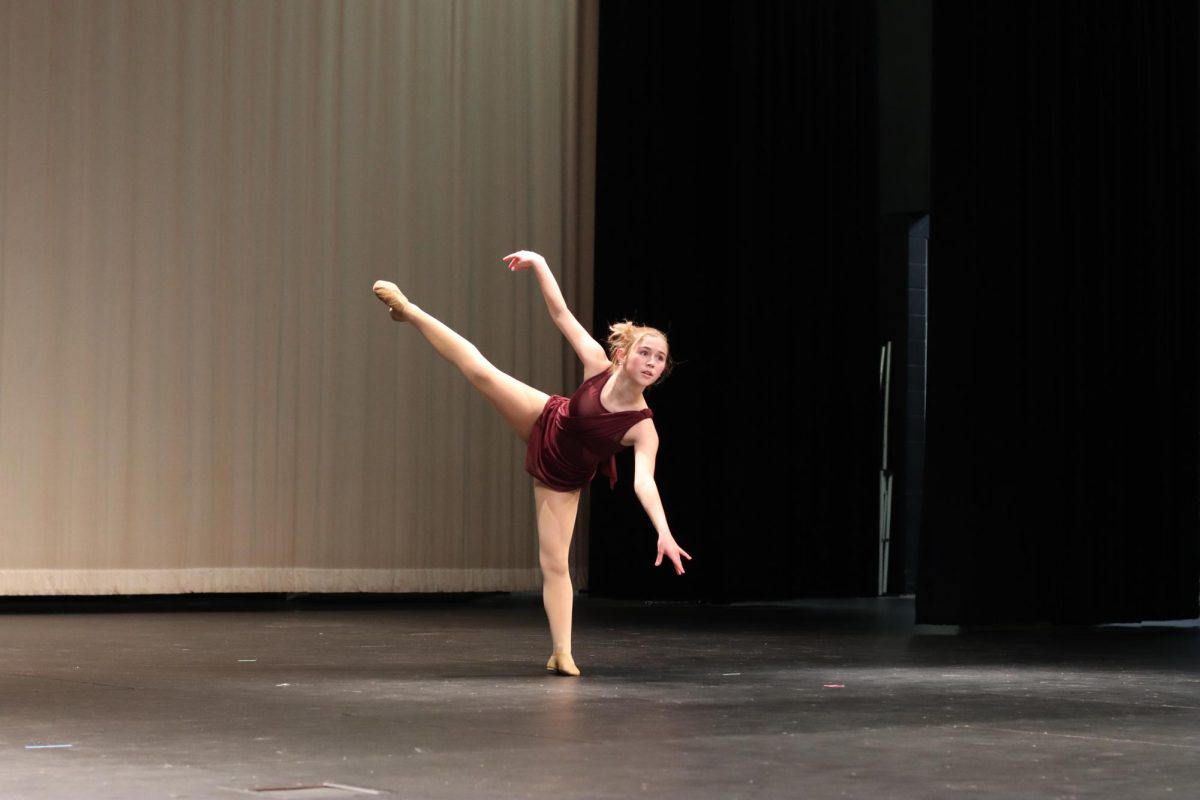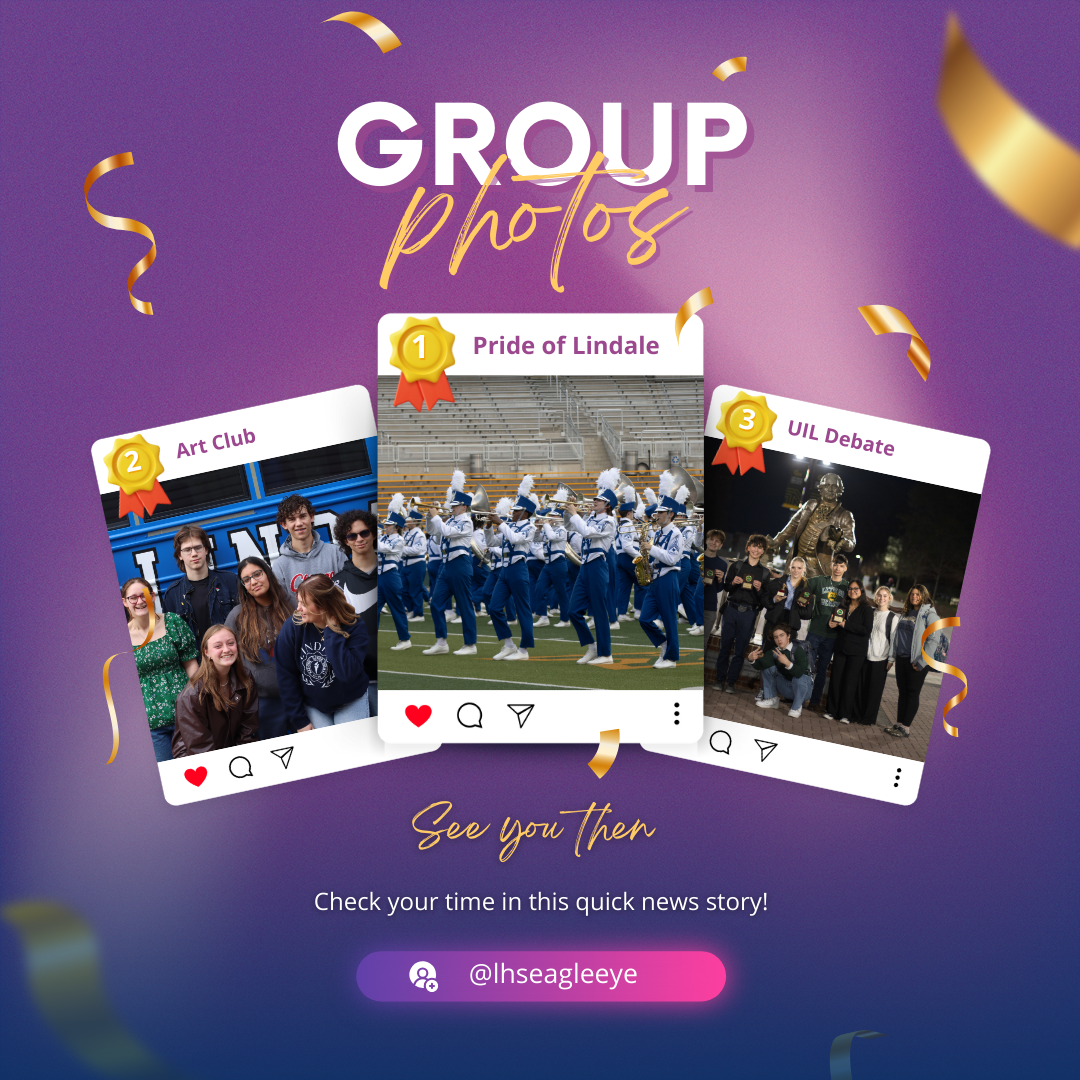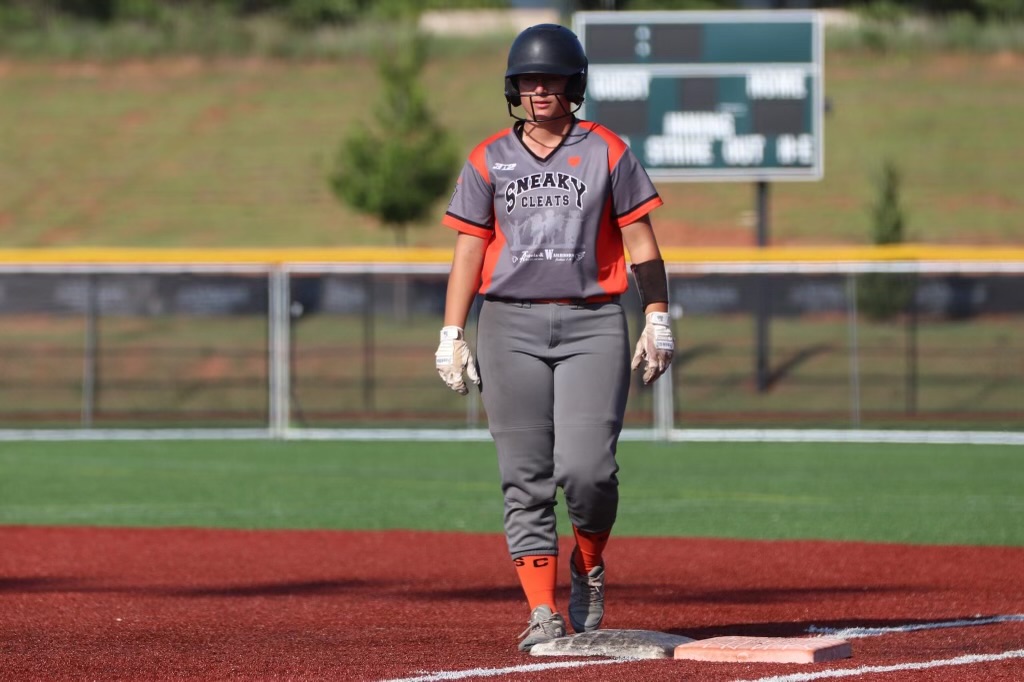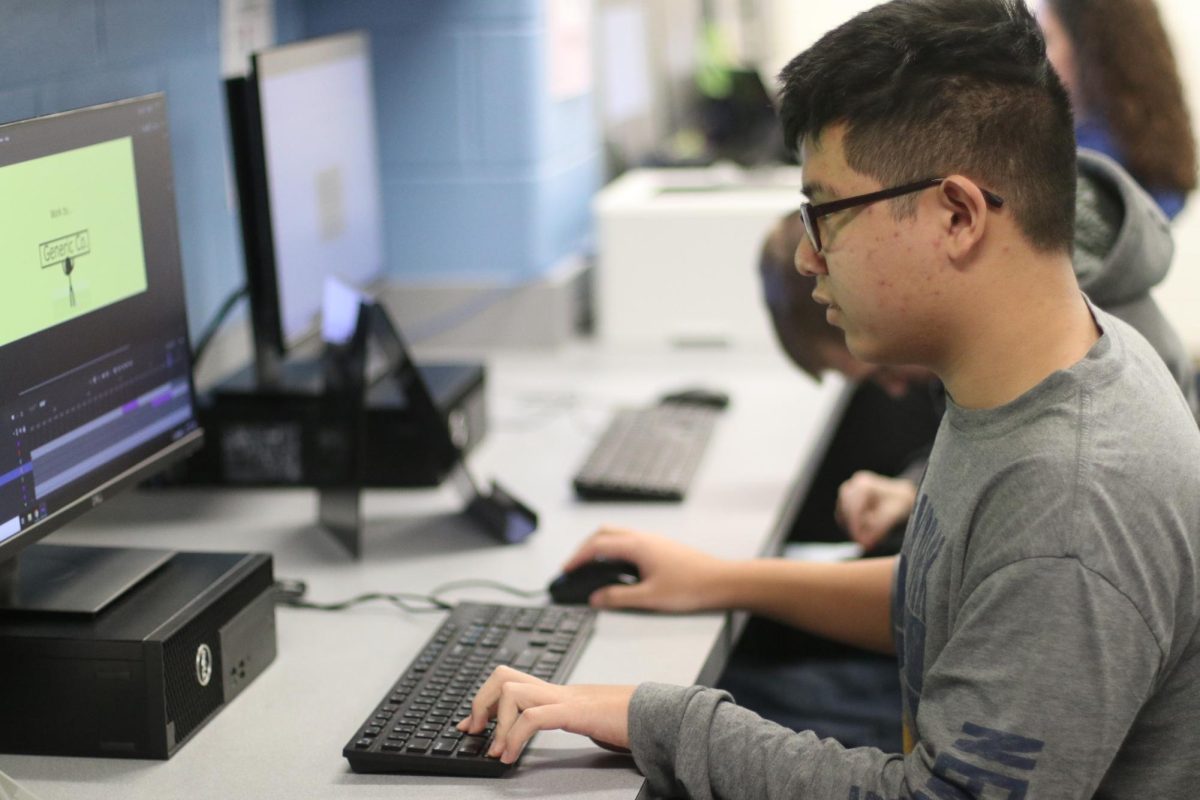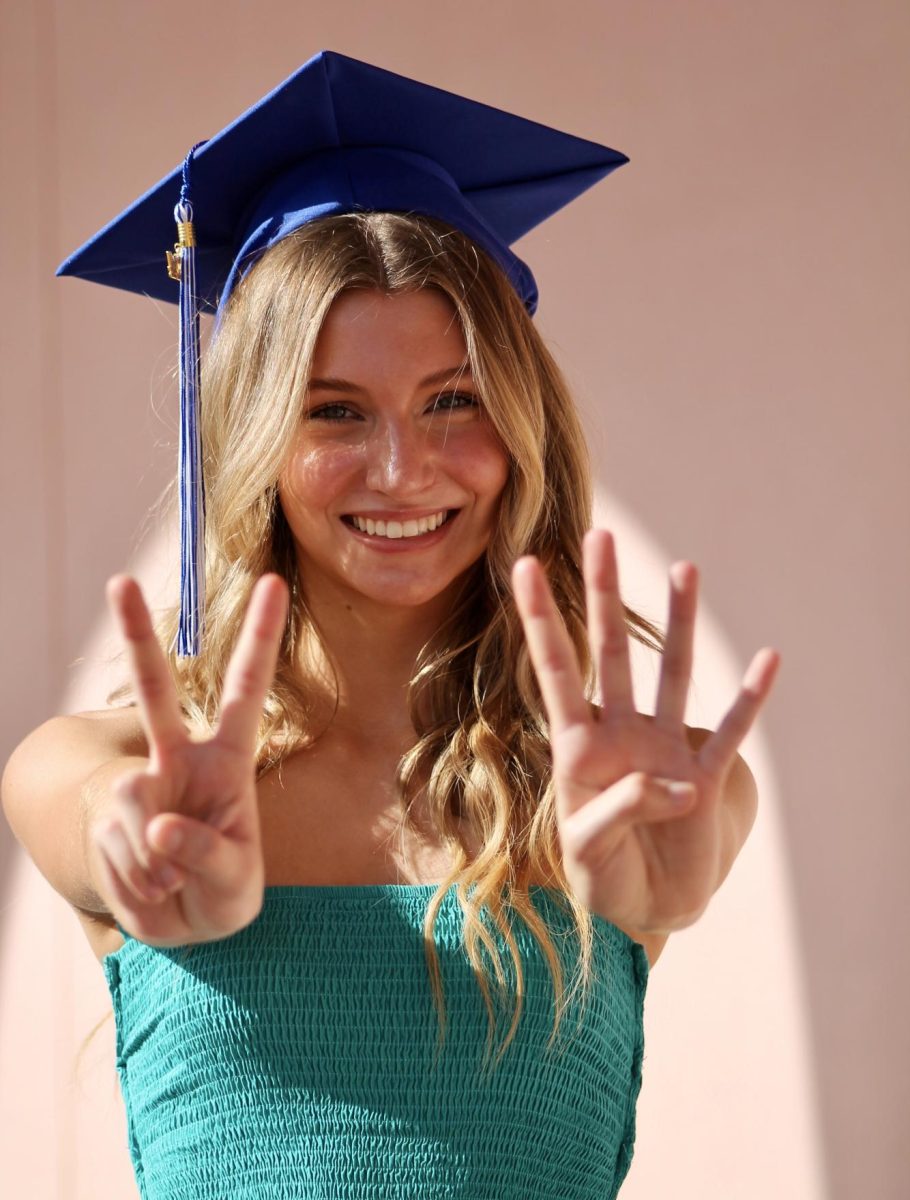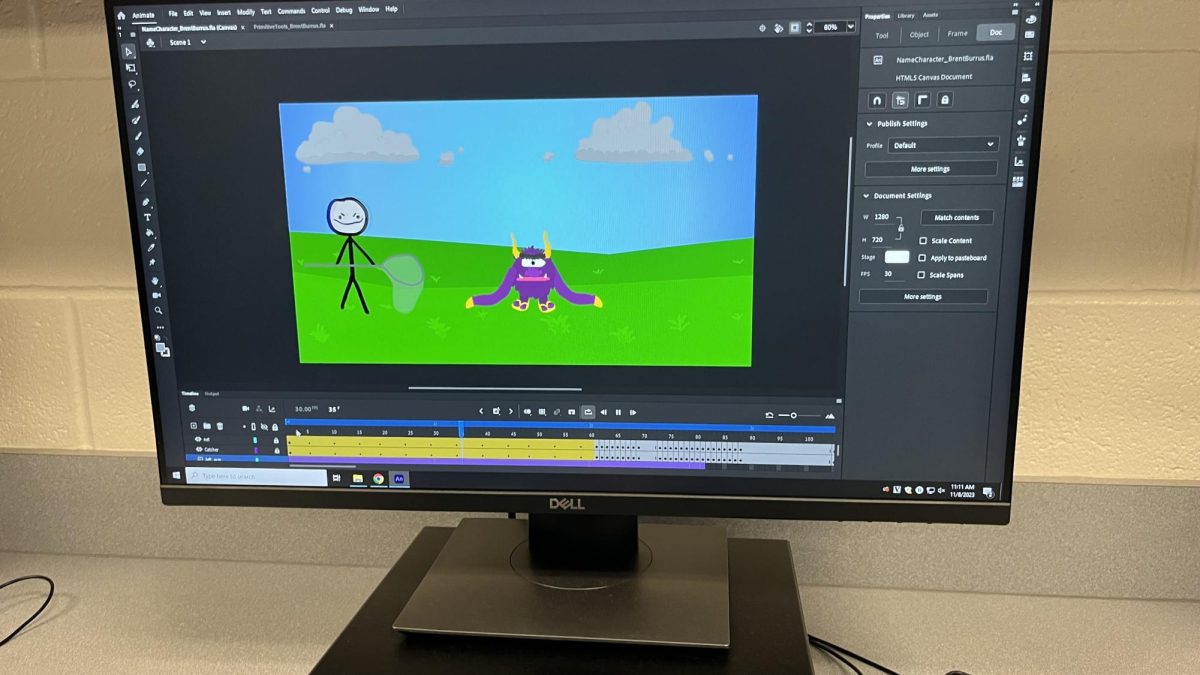Looking out onto the vast sea with the salty air blowing around them, the two brothers stand on the ship breathing in the ocean air. This boat has become their home. Their parents have shaped this life of travel through missionary work.
Senior Rick Samaraweera and sophomore Andre Samaraweera’s family is involved with the organization Mercy Ships, and they lived on the ship, Africa Mercy, for ten years. Through this experience, these brothers have different perspectives from other students their age.
“[Having] a global perspective is the biggest thing for me,” Rick said. “Because I have been to many different countries and have seen many different perspectives from cultures, I am better able to analyze what is going on in the world and what is going on in my life instead of having a narrow-minded perspective.”
Mercy Ships is the world’s largest non-governmental hospital ship that provides free healthcare to some of the world’s most poor and needy people. The Africa Mercy that the Samaraweera family lived on sailed around Africa and visited countries every ten months to provide specialized surgeries and medical care to some of those people.
“[We have visited] Madagascar, Congo, South Africa, Liberia, Guinea, Gana, Togo, Sierra Leone, Spain,” Rick said. “I would like to continue traveling and being a disciple of Christ wherever I go, but I am not sure that I will do that through Mercy Ships.”
While on the ship, there were around 30 to 50 other children in grades kindergarten to twelfth grade. Teachers volunteered to live on board to teach the children of the missionaries.
“ [Our parents] have been with Mercy Ships for twenty years, [so] we have been with [Mercy Ships] our whole lives,” Rick said. “[For ten years] there was one other person on the ship my age.”
Coming to live in a small town has been a transition for the two brothers. One aspect of attending a public school with students who have lived in the United States their entire life is explaining the differences in lifestyles.
“[People] are confused until I talk about Mercy Ships, and about 50 percent [understand] and the others [do not],” Andre said. “I miss the closeness of everything, and we never had to drive anywhere.The furthest point away from anything was a two minute walk.”
After graduating, the brothers will have to make decisions about citizenship. While they live in America now, they do not have citizenship in this country.
“My father is from Sri Lanka, and my mother is from the Netherlands,” Rick said. “I was born in Great Britain, so I have this complicated [situation]. I have a Dutch and a British passport, and [in] both of those countries, I have citizenship.”
By having the privilege to travel at such a young age, the brothers have uncommon experiences from other students. Their memories have impacted the way they view the world.
“In Benin, there is a really nice place where you go through a jungle, and you end up coming to this really amazing grove,” Andre said. “The first time that I saw [the grove,] it was amazing.”
Some of the differences from living on a boat to living on land are subtle. Since half of the brothers’ lives have been spent living on a boat, they miss characteristics of living on board that they grew a fondness for.
“I miss waking up and seeing the ocean because there is no ocean around us, and it is something I have grown up with my entire life,” Rick said. “I [miss] going surfing a couple of times a week in Madagascar, and it was super fun.”
As for future career plans, the experience with Mercy Ships has made an impression on the brothers’ choices. Through providing for other people in third world countries, they will carry the value of making a difference in other people’s lives.
“[I want to] do something with math and space, so anywhere I can actually make an impact,” Andre said. “I see more of an outsider view while [other people] see everything from the American perspective and the way they have been taught.”


